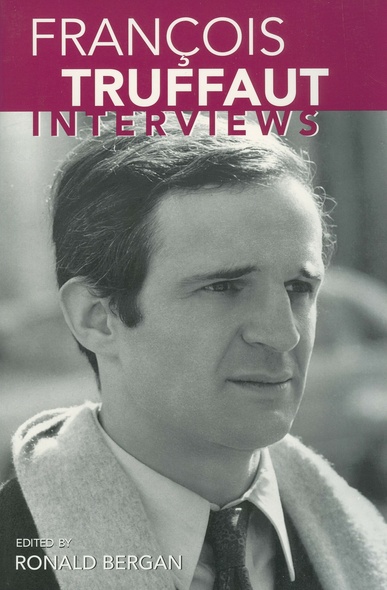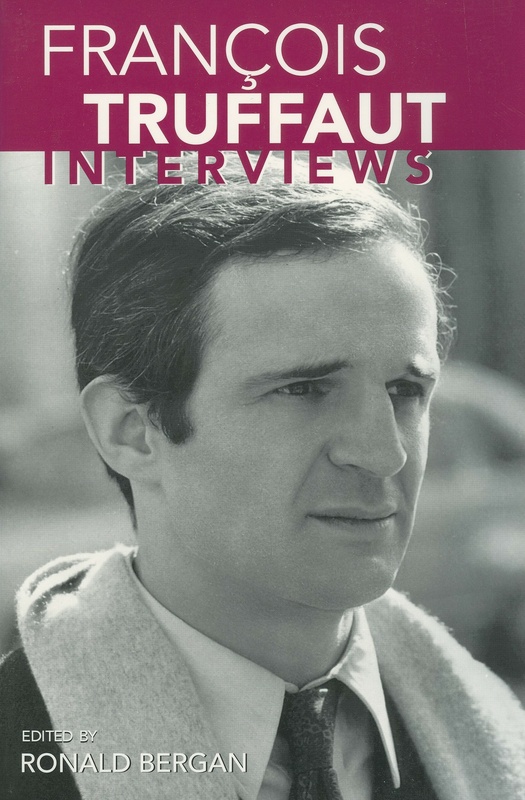The French New Wave was one of the most seismic events in cinema’s history, and among its contributors François Truffaut (1932–1984) was a key figure. Along with Jean-Luc Godard, Eric Rohmer, Claude Chabrol, Jacques Rivette, and others, Truffaut helped to form the New Wave’s aesthetics and vision and was the first to conceptualize the auteur theory. He made films that reflected his three professed passions: a love of cinema, an interest in the difficulties of male-female relationships, and a fascination with the problems of children.
As this collection of interviews progresses, we follow Truffaut’s creative evolution almost as much as we follow his alter-ego Antoine Doinel (actor Jean-Pierre Léaud) through Truffaut’s semi-autobiographical series that begins with his first feature The 400 Blows (1959) and ends with Love on the Run (1978).
Truffaut, a perceptive film critic for Cahiers du Cinéma before becoming a director, was able to be objective about his own and other people’s films. Always concerned with the process as well as the product of his profession, Truffaut maintained his role as critic and commentator throughout his career and remained equally as good an interviewer as an interviewee.
Ronald Bergan was author of several books on film, including biographies of directors Francis Ford Coppola, Jean Renoir, Sergei Eisenstein, and the Coen brothers.





